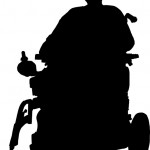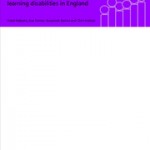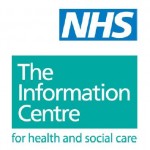
The possible link between the MMR vaccine and autism has been shown to have no basis in evidence, despite such a link being posited in a 1998 paper in the Lancet. The paper was subsequently retracted following a GMC investigation of its author. The researchers in this US study point out that although the link [read the full story…]








